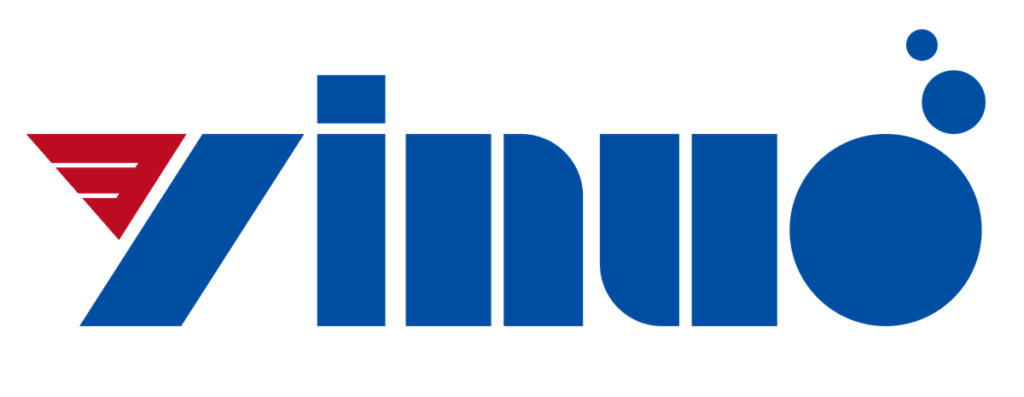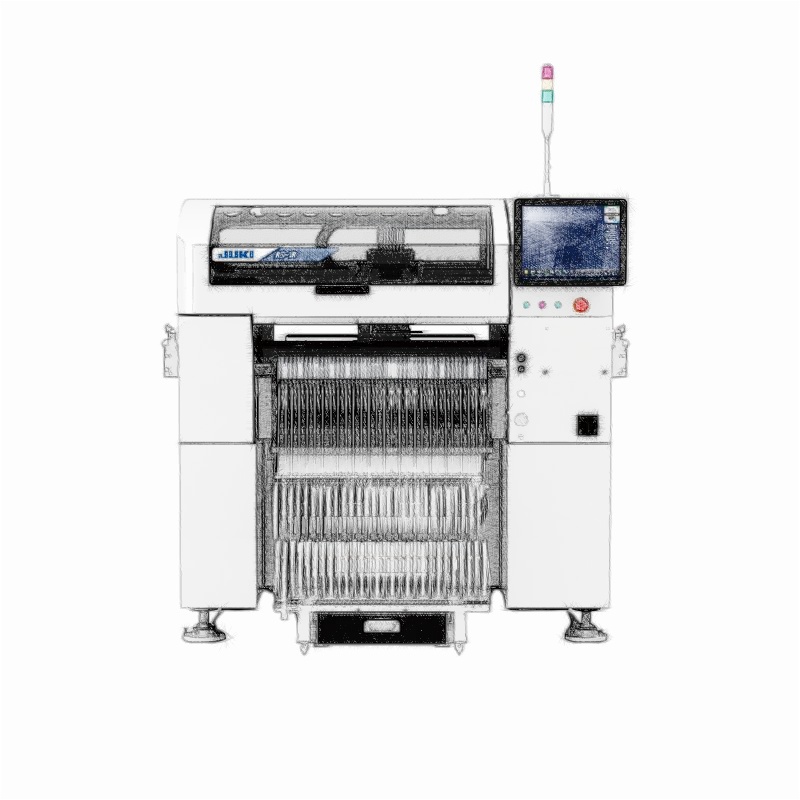XXX High-Speed Chip Mounter

Brand:
Here are some common types:
- Cartesian chip mounter: This type of chip mounter uses a Cartesian coordinate system (X, Y, and Z axes) to move the placement head. It is suitable for high-precision applications and can handle a wide range of component sizes and types.
- Gantry chip mounter: Gantry chip mounters feature an overhead gantry system that supports the placement head. They offer a larger working area and can handle larger PCBs or components.
- SCARA (Selective Compliance Articulated Robot Arm) chip mounter: SCARA chip mounters use a robotic arm with a horizontal articulated design. They are known for their high speed, accuracy, and compact footprint, making them suitable for high-volume production lines.
- In-line chip mounter: In-line chip mounters are designed to be integrated into production lines, with components being placed onto PCBs as they move along a conveyor system. They are suitable for high-volume, continuous production.
- Multi-head chip mounter: As the name suggests, multi-head chip mounters have multiple placement heads, allowing them to simultaneously place several components onto a PCB. This design increases throughput and production efficiency.
- High-speed chip mounter: High-speed chip mounters are designed for maximum throughput and are often used in high-volume production environments. They typically have multiple placement heads and advanced vision systems for accurate component placement.
- Hybrid chip mounter: Hybrid chip mounters combine different placement technologies, such as Cartesian and SCARA, in a single machine. This allows them to handle a wide range of component sizes and types, providing flexibility in production.
Get a free quote
Please feel free to tell us what you need! we are here to help!


